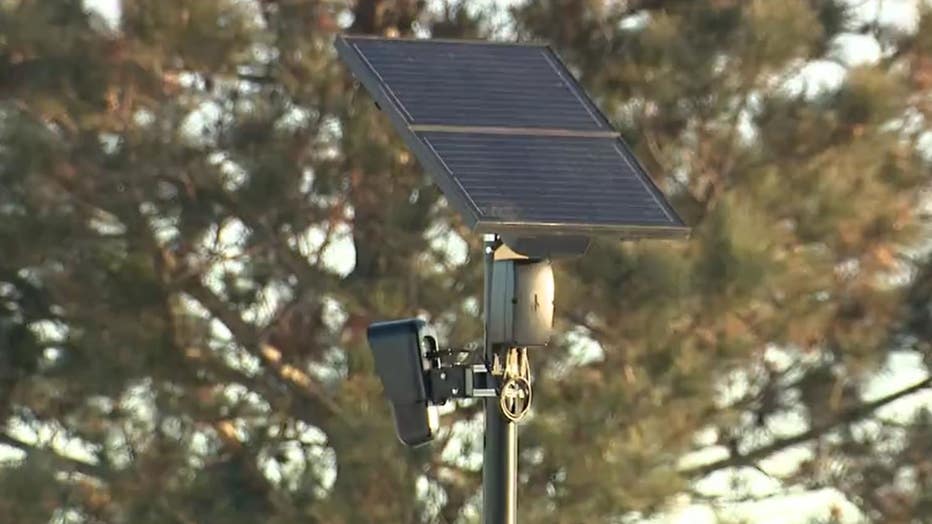License plate readers added to some Metro Detroit freeways -- How they work

Police add license plate readers to some Metro Detroit freeways
Michigan State Police will begin using license plate readers on some freeways in Metro Detroit in an attempt to help solve crimes such as road rage incidents and shootings. For now, the readers are on two roads have seen many of these incidents recently.
DETROIT (FOX 2) - License plate readers are popping up on some Metro Detroit freeways where shootings and road rage incidents have been common recently.
As part of a pilot program headed by Michigan State Police, the readers have been going up along the Southfield Freeway and I-96.
"It will allow the investigators to go into that database that's only kept for 30 days, go into that database, take a look in there. See what vehicles were in that area that matches that witness description, and then they'd be able to investigate those cars further," MSP F/Lt. Mike Shaw said.
Shaw says that if the readers had been on the freeways last week, police may have tracked down the shooter who dumped a man's body on the ramp from the Southfield Freeway to I-96 more quickly. They were able to find the suspected shooter, Rayquin Desean Patrick, who is now facing charges.
Crews began installing dozens of the readers earlier this week.
These readers are similar to the ones used at toll booths in other states to catch drivers who don't pay.
Shaw said the readers will only be used to solve crimes such as shootings that happen on the roads. They will not be used for traffic offenses, such as speeding, as the cameras do not detect speed and it is illegal to use cameras for this purpose in Michigan.
Related: Warren police credit license plate readers with helping solve violent crimes
License plate readers have raised privacy and profiling concerns as other communities look to add them. Worries about reader misuse even led to the American Civil Liberties Union proposing guidelines that law enforcement agencies should follow if they choose to implement the technology.
However, Shaw said that the readers do not have facial recognition and are only grabbing photos of the back of vehicles.
"All it does is takes a picture of the license plate and the rear end of the vehicle. It doesn't give registered owner information or anything. That's something the detectives will have to go into and kind of look at and try to find suspects for it," he said. "As technology gets better we use it to fight crime and use it to make our cities and our state safer."
This technology could eventually be found around the state.


